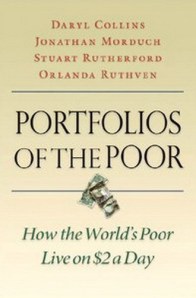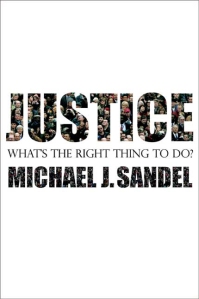Every once in awhile you’ll peruse the news and come across a headline resembling the following:
“X Stock plummets y%” or
“Tech index makes massive gains”
The stock market is typically cited by economists as an indicator of an economy’s health, like gauging the pulse of a patient’s heartbeat. Additionally the health of an individual firm can be gauged in realtime by assessing its price. If the price of a firm’s stock changes, this usually represents a change in confidence in the perception of the firm’s value by its owners or shareholders. Great, the theory sounds fine and dandy, but who controls the stock market? In other words, who influences the pulse of the patient’s heartbeat?
A friend of mine with an interest in finance and poker in college at the time opened my eyes My only knowledge on investments was based on a course on financial economics and having read a few pages out of this landmark finance book. So I asked him what his take was on the whole thing, and this was the gist of his response as I can recall:
Investing in the stock market is just a game, dominated by a few big players. Everyone else is on the sidelines really, and like a game of poker, when the ‘average’ Joe joins the game, all they’re really doing is sweating the big guys. We’re not actually playing in the game as much as we’d like to think we are.
As much as I could have shrugged his words off, I respected and still continue to respect his knowledge for a few reasons. First, he was the only guy in high school I knew that professed that everyone read Rich Dad Poor Dad while everyone was worrying about paying for going to the movies, buying a used car, and the cost of prom. Second, he’d taught me how to become a winning poker player, ingraining me with the ability to distinguish short-run noise from long-run trends, what hands were playable under which situations, and proved his chops later on by buying a car with his online poker winnings. Third, he was the first guy I’d met that played a computer game in high school purely to buy and sell in-game items actively, and regularly on its market. (Though he did not turn it into something professional like this guy). I’d come to his house after work and he and his brother would be shouting across the hallway about good trades with the game’s marketplace currency. Lastly, he wound up in a career as an energy trader.
So every time I come across a headline about why everyone hates Apple right now, or why Yelp’s good stock day may be bad, his words echo in my head. Who is everyone? Who is the average shareholder of these companies? Are these companies owned by millions of people, all with similarly-sized slices of the pie? Or are they dominated by the Phil Iveys or Randy Lews of the game?
I did some digging. It started off with the exemplary data visualization in this YouTube video, though I was a little skeptical at first because of the amount of emotion they injected with the facts reeked of spin. The top 1% own half the country’s stock, bonds and mutual funds, according to the video. That led to a paper by an economic think tank, which cites an unpublished analysis based on this data published by the Federal Reserve Board. (At some point, me being the nerd I am I’ll probably roll around in this data just to try to satisfy curiosity.) Within the think tank paper, it looks like the top 1% own roughly 40% of total stock market wealth, and the top 10% own roughly 80% of the stock market wealth. Simply put, one guy in a room of 10 owns more than 3/4 of the entire pizza. Also, the bottom 50% (salary < $50k/yr) own half of one percent of stock market wealth. Perhaps they are part of the group furiously selling off Apple. Now I realize these don’t cite the number of shares nor do they speak to actual shareholder composition but it certainly reinforces my friend’s point from years ago. It is possible that Apple and Yelp are owned by the average Joe, and each owner has an equally thin slice. It is mind-boggling how one person can wield so much power. [There’s an article I’d read before about how one just guy influenced the market of a particular industry, sending it tanking because he’d accidentally sold shares while asleep at the helm. Will link to it if I ever find it.]
What does it mean to be part of the top 1%, or the top 10% exactly, and where am I? You can compare yourself right here.
Perhaps when we read those headlines about the stock market, the intended audience is 1 guy in a room of 10. The rest of us are just sweating his hand.

